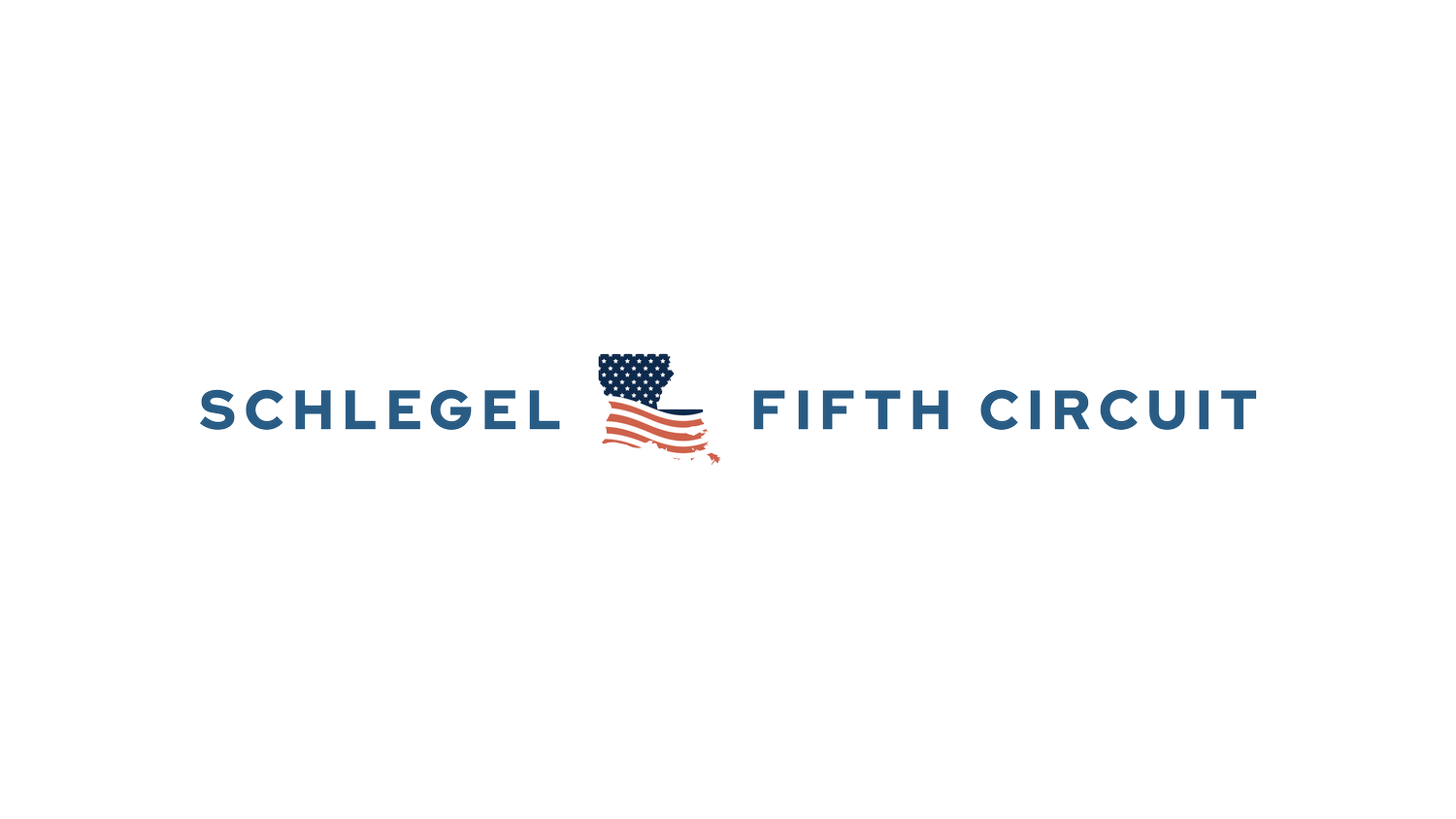The Bright Side of Clones: Revolutionizing Legal Education and Access to Justice
In recent articles, I've extensively covered the potential dangers that cloned videos pose to our justice system. From evidentiary challenges to authenticity issues and the growing 'liar's dividend,' the risks are significant and evolving. However, as with many technological advancements, there's another side of the coin. Today, we'll explore how the same technology that causes concern in courtrooms could revolutionize legal education and improve access to justice.
In the past, creating instructional videos for the legal system was a costly and time-consuming process. Courts and legal organizations would invest significant resources in producing high-quality videos, only to find them quickly outdated. Today, AI-powered video cloning technology is changing this landscape dramatically. By leveraging tools like ChatGPT and Claude to summarize existing handbooks, we can now generate scripts for instructional videos at a fraction of the cost. These scripts can then be used to create deepfake videos featuring a diverse range of presenters. The result? A library of up-to-date, easily modifiable instructional content that can be produced and updated with minimal expense.
One of the most exciting aspects of this technology is its potential to enhance accessibility in the legal system. Traditional videos were often limited to a single language or presenter. With AI-generated content, we can easily create versions in multiple languages, featuring presenters of various genders, races, and ages. This diversity allows us to reach a wider audience and provide more relatable content to different communities. Moreover, the ability to quickly generate and distribute these videos through text messages or website links means we can reach people where they are, making crucial legal information more accessible than ever before.
The applications for this technology in the legal system are vast. Potential jurors can receive personalized videos explaining what to expect, how to dress, where to park, and other crucial information. These videos can be tailored to specific courts or cases, ensuring jurors are well-prepared. For individuals charged with crimes or placed on probation, customized instructional videos can help explain their rights, obligations, and next steps in a clear, accessible manner. Navigating the legal system without an attorney can be daunting, but AI-generated videos can guide self-represented litigants through basic procedures like filing for a name change or how to get a protective order, making justice more accessible to those who can't afford legal representation. (We will leave the UPL discussion for another day.)
The process of creating these videos is surprisingly straightforward. AI tools can analyze existing court websites and documents to generate comprehensive scripts. These scripts can then be fed into video cloning software, which can create lifelike presentations featuring virtual presenters. The resulting videos can be easily embedded on court websites or sent directly to individuals' phones.
While the benefits are significant, we must approach this technology responsibly. Regular reviews and updates will be crucial. Additionally, we must be transparent about the use of synthetic media, clearly labeling these videos as AI-generated to maintain trust and integrity.
As we navigate the complex landscape of cloned videos in the legal system, it's crucial to recognize both the risks and the opportunities. While we must remain vigilant about the potential for misuse in evidentiary contexts, we should also embrace the technology's power to improve access to justice. By responsibly implementing AI-generated instructional videos, we can create a more informed, accessible, and efficient legal system for all.


